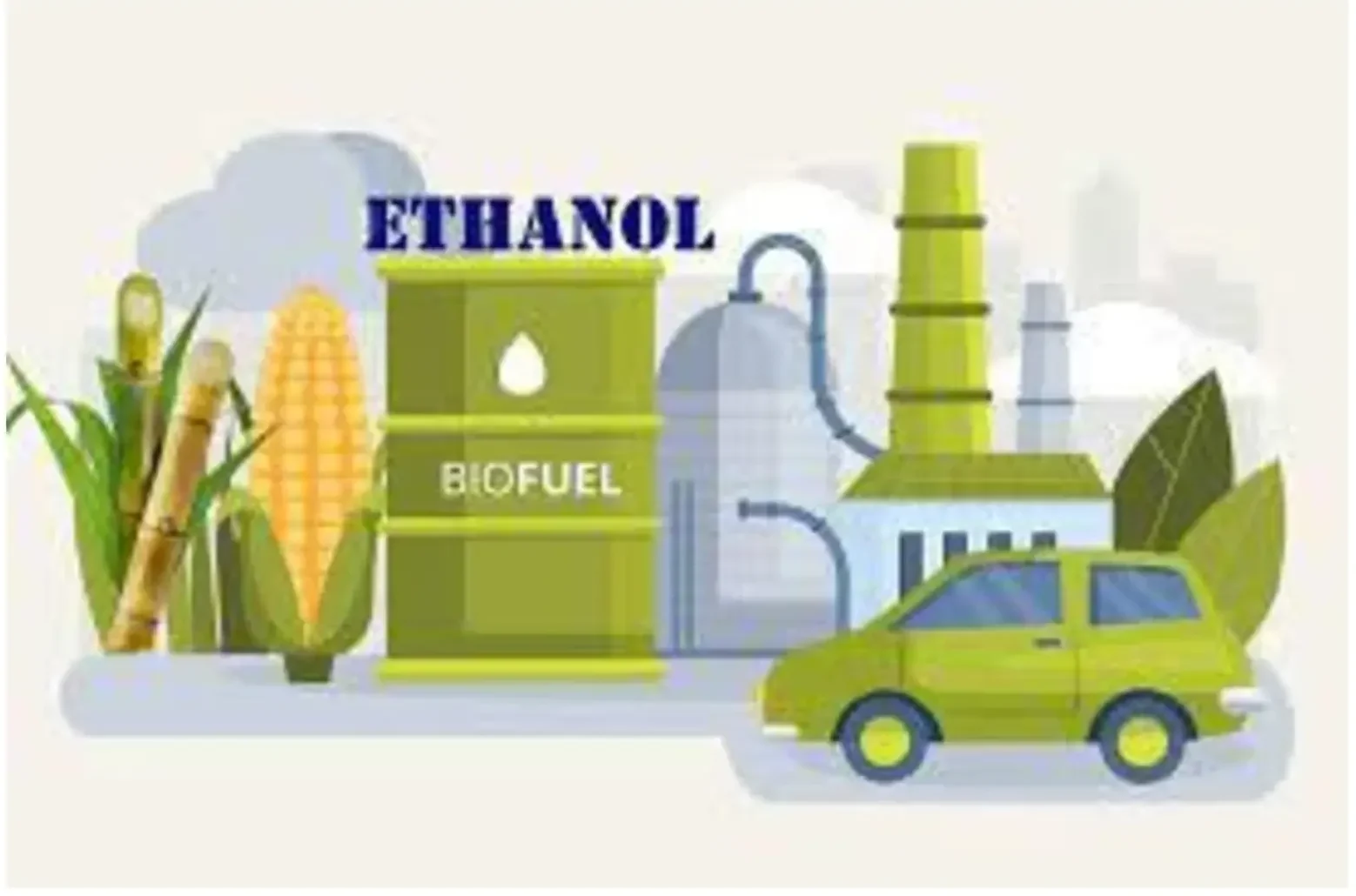The news release by India’s largest sugar ethanol manufacturing company, Balrampur Chini, on their foray into downstream chemicals business (bio-polymers) is an interesting development in the sector. The foray comes with technical tie-up with certain European companies with expertise in the area. The initiative is to develop and manufacture daily use chemicals from renewable feedstock finds as of now a healthy premium over those developed from traditional petrochemical source.
Over the past few years, the sugar-ethanol business from cane in India has morphed into a utility kind of business. Almost everything is regulated on input and output side and the differentiating factor or margin play between players is limited mainly to efficiency of plant operations and sugar yield in cane in their respective command area. It is a classic case of industry sector where the regulations have helped the sector stabilize and reduce sharp variations of otherwise a commodity industry. The EBITDA margins across players in past few years are in relatively narrow range of 12 to 16 percent. The profit pool generated from this stability has been used to reduce debt burden and re-invest into adding on ethanol manufacturing capacity. This diversity with optimal mix has successfully addressed the issue of supply-demand glut in sugar and normalized working capital cycle for the industry players.
In this backdrop, the foray onto downstream chemicals opens up possibility for the sector to expand on its EBITDA margins over a period of time. It is very likely that such initiatives will also be taken by other integrated sugar mills in country to replough the profits being generated. There is a considerable scope to innovate and develop a range of products using cane ethanol as hydrocarbon source and there are successful business models around it across the globe. At IMAP India, we track the developments in the sector very closely and the forward integration into bio-polymers is an interesting addition to its dynamics.










